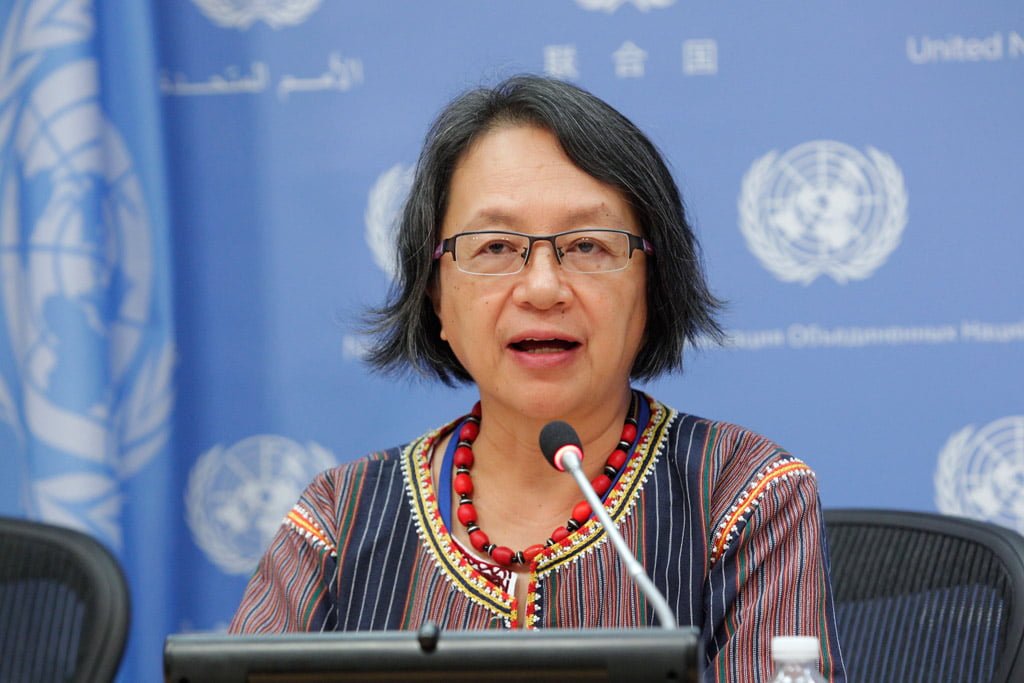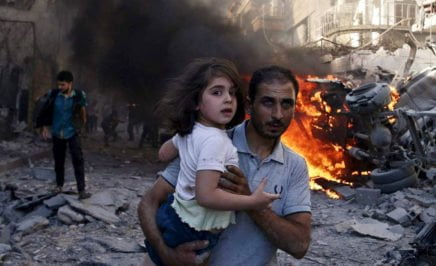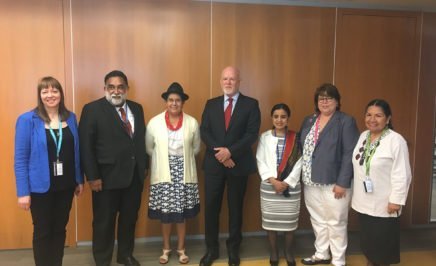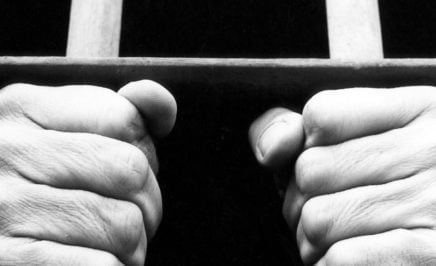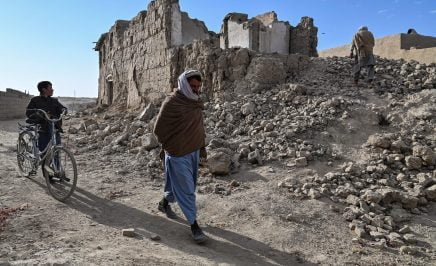Ten years ago this month, the United Nations adopted one of its most meaningful global instruments in protecting the rights of Indigenous peoples everywhere: the Declaration on the Rights of Indigenous Peoples.
The adoption of the Declaration was pivotal in recognising the rights of Indigenous peoples on an international scale. It is the only international body of work created ‘by the people for the people’ which recognises and celebrates Indigenous culture, identity, language and contributions to land. It is unique in granting Indigenous peoples both collective and individual rights. The Declaration sets the foundation for the minimum standards required for the survival, dignity and wellbeing of Indigenous populations globally.
It was, therefore, very disappointing for Aboriginal and Torres Strait Islander peoples that Australia was one of only four countries, out of 148 altogether, to vote against the Declaration in 2007. It wasn’t until 2009 that a new Federal government signed Australia up to the Declaration.
In the last eight years, Australian academics, politicians and the general public have grown to accept the Declaration as an influential document. Australia, however, has a long way to go towards implementing the Declaration, and to show its commitment to Aboriginal and Torres Strait islander peoples.
Australia could learn a lot from some South American states, such as Bolivia, which have embedded parts of the the Declaration directly into their Constitution to ensure protection of such rights as self-government and self-determination. Colombia, Peru, and Ecuador have also made similar changes. Similarly, in Africa, the Republic of Congo passed a law in 2011 protecting the Babongo and Baaka peoples, enshrining many of the provisions of the Declaration.
Tammy Solonec in Geneva
I’m very honoured to be representing Amnesty at the celebration of the 10th anniversary of the Declaration in Geneva this month, at the 36th session of the Human Rights Council.
I’m joining Karly Warner, the Executive Officer from the National Aboriginal and Torres Strait Islander Legal Services (NATSILS), and together we are holding a side event about Indigenous youth justice.
Our children are locked up at 25 times the rate of non-Indigenous children, and are abused in detention in every State and Territory in this country. This is a topic of crucial importance to our people, and was a key issue outlined by the Special Rapporteur on the rights of Indigenous peoples, Victoria Tauli-Corpuz, when she visited Australia in March this year. In her end of mission statement regarding the trip, she wrote:
“It is completely inappropriate to detain these [Indigenous] children in punitive, rather than rehabilitative, conditions. They are essentially being punished for being poor and in most cases, prison will only aggravate the cycle of violence, poverty and crime. I found meeting young children, some only twelve years old, in detention the most disturbing element of my visit.”
Ms Tauli-Corpuz’ full report and findings have now been released.
Our aim in Geneva is to pressure the Australian Federal Government to develop a National Action Plan on youth justice. Prime Minister Turnbull can no longer dodge Australia’s human rights obligations by continuing to say this is an issue for the States and Territories to deal with.
The problems revealed through the Royal Commission into the Protection and Detention of Children in the Northern Territory are not limited to the NT. The ‘injustice’ system is hurting our kids across the nation, with abuses exposed recently in Cleveland Youth Detention Centre in Queensland, Barwon in Victoria, Reiby in New South Wales, Bimberi in the ACT and most recently the Banksia Hill Detention Centre in Western Australia.
Amnesty and NATSILS have submitted a statement to the UN with these recommendations the Australian Government:
- raise the age of criminal responsibility to at least 12 and address laws that breach children’s rights in all States and territories of Australia;
- end detention of children who have not yet been sentenced;
- ensure treatment and conditions in youth prisons provide children with the best chance to thrive;
- prioritise investment in early intervention, prevention and diversion to address the underlying causal factors of offending and ensure detention is a last resort;
- improve data collection; adequately fund Indigenous community-controlled legal services; and
- set targets to end the overrepresentation of Indigenous children in prison.
